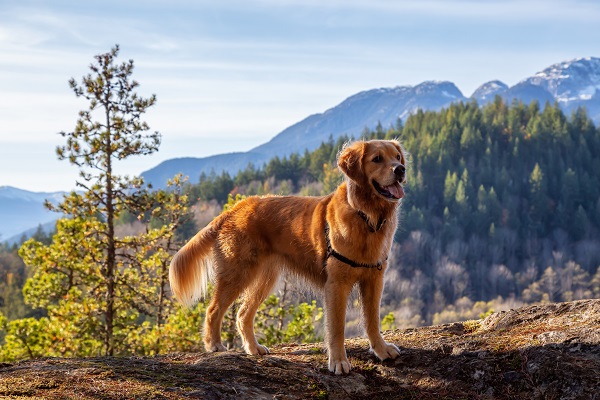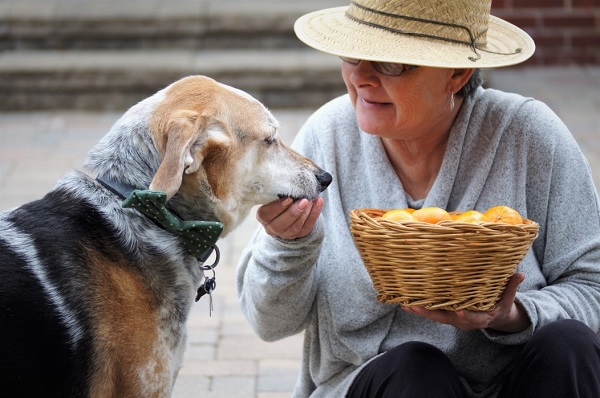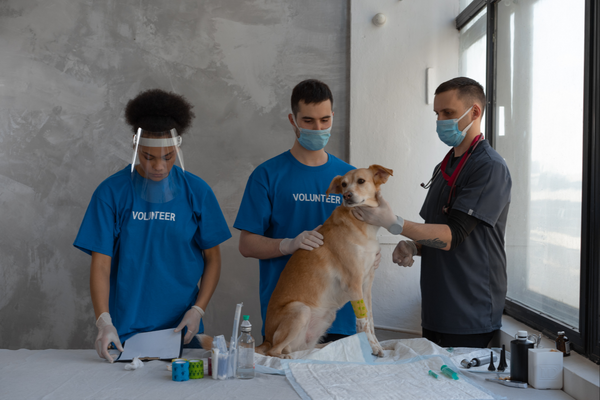People commonly believe that small dogs are more aggressive, angrier, and misbehaved when compared to their bigger breed counterparts. They think they are always trying to prove themselves as good as the big boys by lunging and barking at others. They are not averse to biting.
From a collective viewpoint, this aggression is small dog syndrome and little dog syndrome. It is referred to in certain circles as the Napoleon complex.
However, the question that needs to be asked is whether it is true or not. Are small dogs indeed more aggressive than they are to be?
Why is it that the smaller dogs are so mean and aggressive?
What is small dog syndrome?
The phrase little dog syndrome is a broad one. It describes a collection of actions and behavior termed as bratty or naughty. Several behaviors of small dogs are considered aggressive such as snapping or lunging at anyone they think to be a threat.
Do they growl at other dogs or other people? Do they bare their teeth or snarl? Do they raise their hackles and stand rigidly?
Do they act frantic and upset to such a point that they start seeing red and do not listen to your commands? Do they react aggressively toward other dogs and people? All these actions are aggressive behavior as far as the little dogs are concerned.
There are plenty of signs and symptoms. However, these are supposed to be the most typical of the lot. It needs to be acknowledged that small dogs are full of energy.
However, there is a difference between them being spunky and behaving aggressively and inappropriately. There is a significant difference between both.
If your dog has small dog syndrome, it will not follow your instructions and become territorial over certain parts of the house, food, toys, and people.
Biting is also one way in which such a problem manifests itself. If a small dog is spunky, it would want to play with babies when they crawl. However, if they have small dog syndrome, they may growl dangerously at them and try to bite them.
Do big dogs behave differently than small dogs?
Several studies have revealed that smaller dogs are not as obedient as the bigger ones. It means they are less likely to follow your commands or perform them at all times.
They also tend to be more excitable and aggressive. It means there is a higher chance that they would bark, lunge, and growl at other dogs and people they do not know.
They have higher levels of fear and anxiety. It means there is a probability of being scared by surroundings they are not familiar with.
The same can be said of situations that are new to them. So yes, there is some basis for believing that smaller dogs are meaner and more aggressive than bigger dogs. The question is why this is the case.
Why does the syndrome even exist at all? You may also want to know if they are like that by birth. In scientific terms, this means a genetic predisposition to such behavior. Is there any other reason over here?
Why do smaller dogs have more aggression, anxiety, and instances of misbehavior?
Genetic factors play a significant role in the natural personality of the canines. Some studies say some dogs are just born to be more nervous and afraid as individuals. However, this has nothing to do with the size of the dog. A small dog could be more aggressive, misbehaving, and anxious.
It could be the dog is not trained effectively. You should know if you push a small dog, it could end up making them reactive and afraid.
Why is the aggression and misbehavior of a small dog such a big deal?
There are a few things you need to be clear about. If what is expected of your dog, and if they have a structure to follow, they will be a lot more comfortable than would have happened otherwise.
If your dog behaves poorly with other dogs, it is not fair for the recipients of such behavior. Such behavior can be embarrassing and frustrating for you as well.
Ways to stop your small dog from being aggressive to other dogs
There are a few steps that you can take in this regard. You can train your small dog by focusing on positive reinforcement. You need to have a definite structure at your home.
Teach your dog how to be comfortable in situations that are strange to them. As a dog parent, you should also learn to diffuse problematic situations.
You need to make sure they are getting a sufficient amount of exercise. So, as you can see for yourself, this meanness and extra aggression does not have as much to do with size as it has to do with nurture.
Conclusion
If you happen to see a small dog aggressive, it could indicate how the dog is raised. In most cases, these dogs are not well-socialized, and their owners do not spend much time training them.
This lack of training and structure can lead to a small dog becoming more defensive and afraid towards people and dogs with whom they are unfamiliar.
You can trust that such poor behavior is also stressful for your dog.

 DogExpress
DogExpress


















 in Chandigarh, India.
in Chandigarh, India. 
